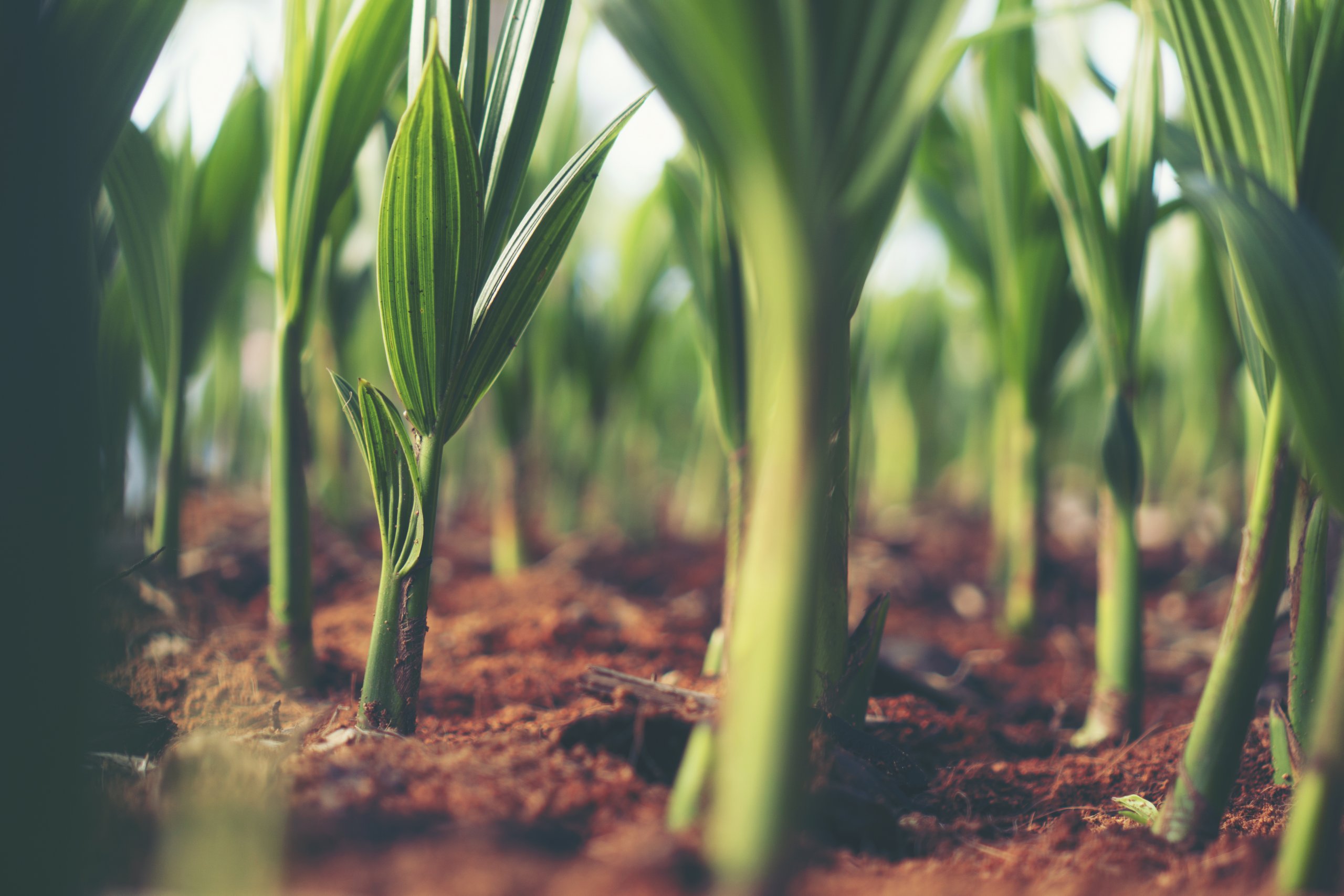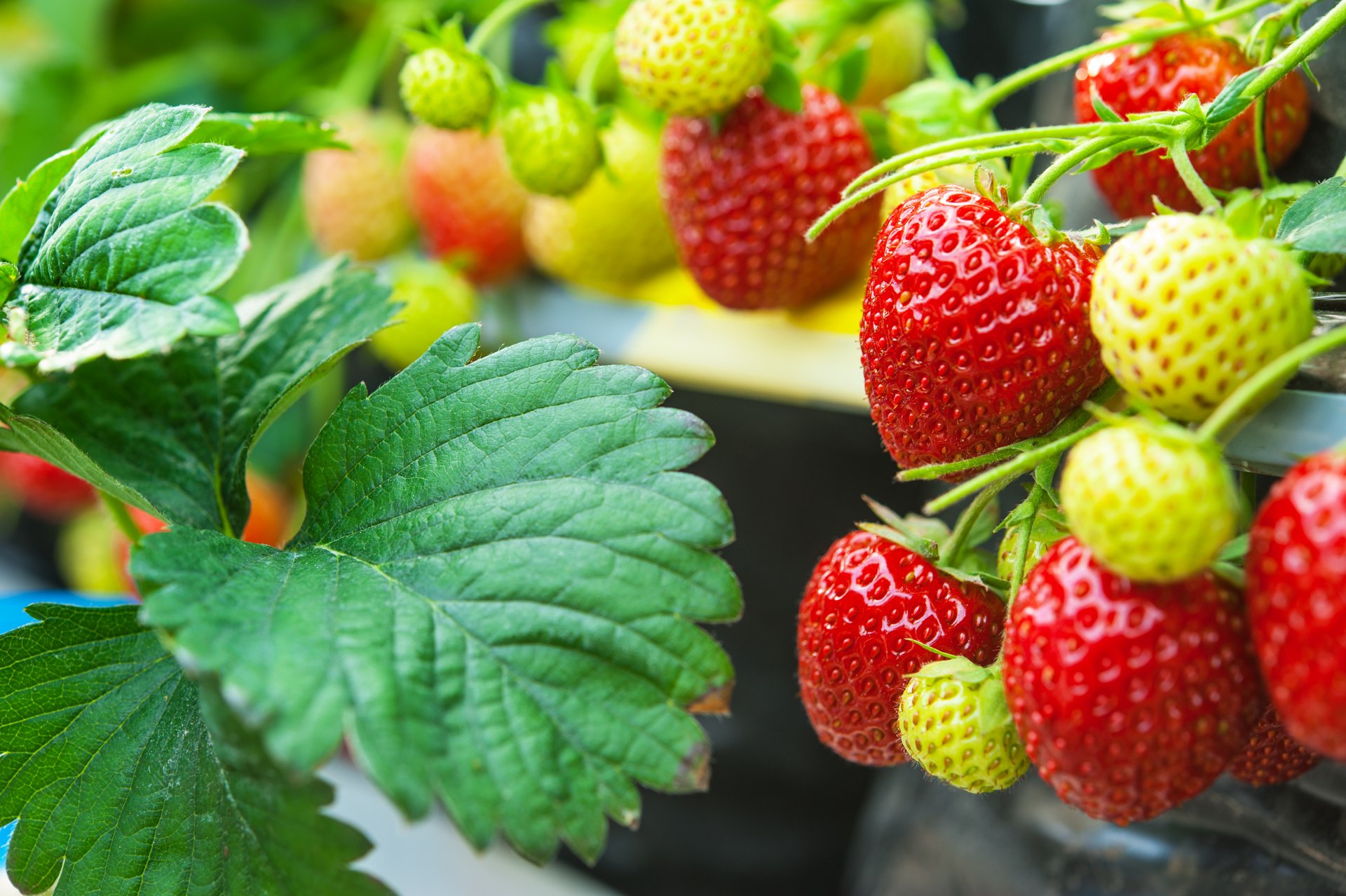This spinout company is Investment-Ready
Plant Organelle Technologies, formerly EvoPlant, has developed a targeted technique which has the potential to improve photosynthesis, drought tolerance and herbicide resistance.
The need for new and improved plant varieties to help feed the world’s growing population is growing. Plants directly provide over 80% of the food consumed by humans and are the primary source of nutrition for livestock. However, environmental factors, plant diseases and pests constantly threaten the availability of food supply. Since we began farming, mankind has selected for improved traits in our crop plants, but natural mutation rates are low, resulting in slow progress.
Plant Organelle Technologies Ltd is a spinout company from The University of Manchester underpinned by intellectual property developed by Dr Anil Day and Dr Junwei Ji. The Day lab has developed a method of incorporating variant DNA sequences into the genomes of specialised membranous compartments within plant cells called organelles (specifically mitochondria and chloroplasts). This method facilitates the editing of organelle DNA to create plants with new and improved characteristics. This could include, for example, crops with improved photosynthetic pathways, tolerance to challenging environments, and resistance to herbicides.

Molecular technologies to edit and improve genes within the plant cell nucleus are already used with much commercial success (for example, the herbicide-tolerant soybean market is now worth £12.3 billion). However, it is not currently possible to edit genes within organelle DNA. Organelle genes encode for proteins involved in important cellular processes such as photosynthesis – the conversion of light, water and carbon dioxide into oxygen and various sugars, as well as mitochondrial respiration – the conversion of sugars to energy (which can fuel growth).
As it has not been possible to edit this DNA previously, the rapid introduction of functional improvements to these proteins has not been possible. Therefore, many crop characteristics caused by altering organelle DNA have yet to be realised. Unlocking the ability to edit organelle DNA could go some ways in helping to feed the world’s growing population.
Technology features:
- Targets the chloroplast and mitochondrial genomes.
- Accesses genes which current plant molecular biology techniques cannot.
- Accelerates incorporation of organelle traits into crops, reducing time to develop new crop varieties
- Resulting plants are classified as non-GM material in many jurisdictions and are therefore subject to less stringent regulatory regimes.
Plant Organelle Technologies welcomes enquiries from crop seed companies wishing to work in partnership to introduce new organelle traits into elite germplasm. Enquiries from interested investors are also encouraged. Please get in touch with the project manager for more information.




